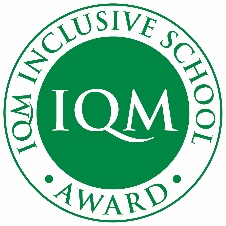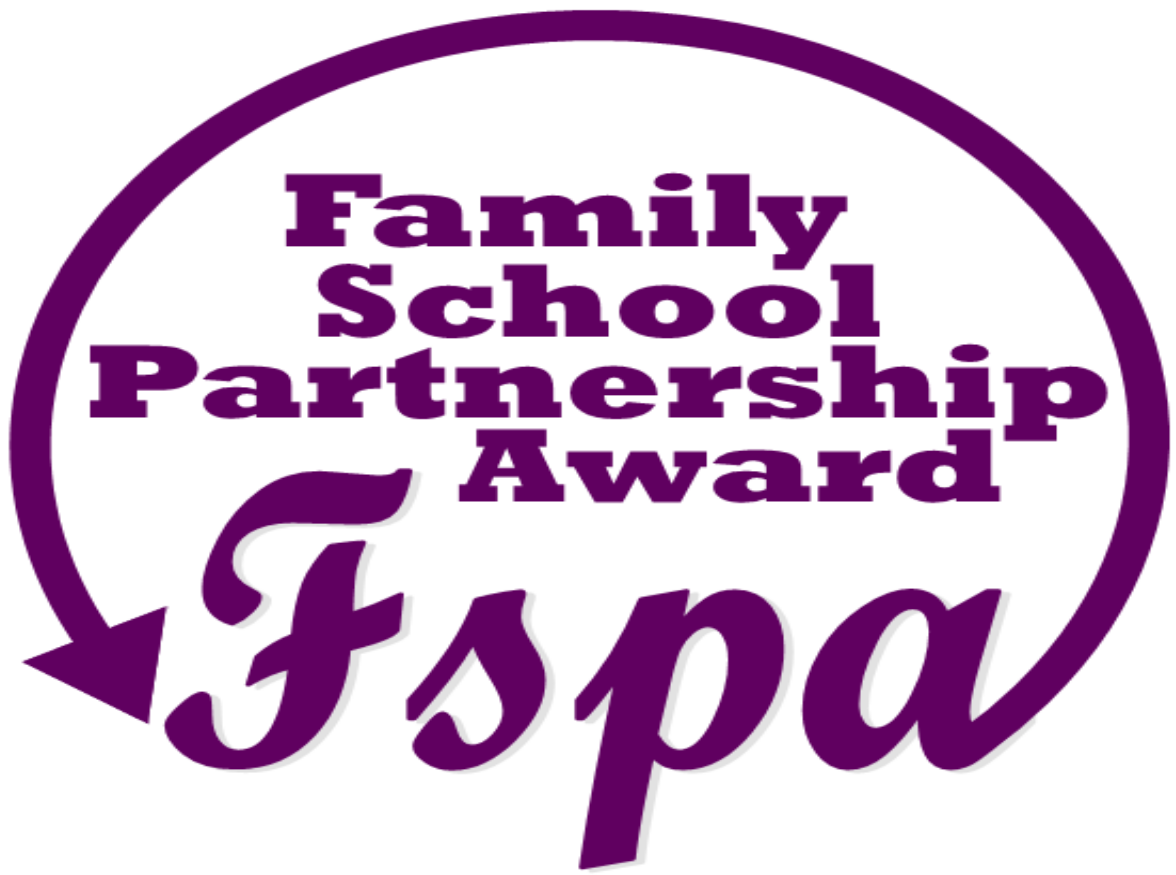Our Approach to Teaching Writing
At Barham, we are dedicated to deliver an exciting, innovative English curriculum, which enables and empowers all children to acquire the skills and knowledge they need to become articulate speakers, inspired writers and avid readers for life.
We have an English curriculum that is coherently and logically sequenced which is designed to challenge all of our pupils. It helps our children develop their linguistic skills, but also acquire the cultural capital they need to thrive in Britain and the world. Our school uses the United Nations Sustainable Development Goals (SDGs) as curriculum drivers.
The progression of skills in EYFS are based on the new EYFS Framework in September 2020, guided by the new Development Matters guidance and assessed against the Early Learning Goals in the Summer Term of the Reception Year. Key Stage 1 and 2 is based upon the National Curriculum 2014.
Barham’s writing curriculum is rich, broad and balanced and recognises the individual developmental needs of our children. Furthermore, the individual experiences and cultures that the children bring to school are celebrated and key in engaging and inspiring them to become curious learners. The environments that we provide are ‘language rich’, ensuring that a plethora of vocabulary is taught across all subjects.
We aspire for children to write with purpose, use imaginative description, organise writing appropriately, spell correctly and punctuate accurately.
Our aim is to ensure that every child, regardless of their background or ability, leaves our school as a confident and capable writer with an understanding of different literacy techniques and how to use them effectively, thus being able to ‘Write like a Writer’.
We want our children to:
- communicate their ideas and learning effectively, both orally and in writing.
- acquire knowledge, develop a rich vocabulary that is applied to speech and writing.
- have a vivid imagination which makes readers engage with and enjoy their writing.
- engage with high quantity texts which stimulates their interest in writing both fiction and non-fiction.
- immerse themselves in a range of genres.
- build on a range of skills and on prior knowledge as they work through each journey of writing to be successful writers.
- develop well organised and structured writing, which includes a variety of sentence structures.
- excellent transcription skills that ensure writing is well presented and punctuated, spelled correctly and neat.
- be able to have a clear understanding of and write for a range of purposes and audiences
- secure understanding of the purpose of a text type.
- excellent knowledge of writing techniques to extend details or description.
- understand intended impact of writing skills/tools have the ability to carefully select vocabulary with careful attention to the desired effect on the readers’ thoughts and feelings
- have ability to write fluently and with interesting detail on several topics throughout the curriculum.
- become independent writers.
- have a love of writing and an appreciation of its educational, cultural and entertainment values.
A high-quality education in English will teach pupils to speak and write fluently so that they can communicate their ideas and emotions to others and through their reading and listening, others can communicate with them. Through reading in particular, pupils have a chance to develop culturally, emotionally, intellectually, socially and spiritually (National Curriculum, 2014).
Secure English skills are essential for progress across the curriculum and to prepare pupils effectively for adult life. We have a responsibility to develop pupils’ competence in English to ensure that pupils become competent users of language and can access the curriculum effectively and achieve their potential.
How learning to be writers gives our children cultural capital:
- We argue that, by teaching children to become life-long independent motivated writers, we are providing them with the most powerful cultural capital you can have – an ability to turn their writer’s voice into powerful writing.
- By writing within a community of writers, children find that they can learn from others’ cultural capital.
- We teach children how writing can be a powerful tool for understanding new knowledge and how you can reorganise it and have a personal response to it.
Research underpinning our practices:
At Barham, we have looked at a variety of research that shows effective teaching in writing. We have designed our curriculum to ensure we have followed the summary of recommendations outlined in the Education Endowment Foundation in guidance reports, Improving Literacy in KS1 and Improving Literacy in KS2.
Effective teaching ensures that pupils retain knowledge they have learned in the long term. This is supported by opportunities to revisit and practise with prior knowledge. Pupils are more likely to retain knowledge when they have engaged analytically with the content they study. Teachers can support learning through clear exposition, which considers what pupils already know and understand.
Using the EEF’s recommendations on improving literacy in KS1 and KS2, we ensure our lessons:
• Develop pupils’ language capability to support their writing – purposeful speaking and listening activities support the development of pupils’ language capability and provides a foundation for thinking and communication. Pupils are to regularly articulate their ideas verbally before they start writing.
• Teach writing composition strategies through modelling and supported practice - Pupils’ writing can be improved by teaching them to successfully plan and monitor their writing. Producing quality writing is a process not a single event. Teaching a number of different strategies is likely to help, depending on the current skills of the writer. These include pre-writing activities; structuring text; sentence combination; summarising; drafting, editing and revising; and sharing.
- Purpose and audience are central to effective writing. Pupils need to have a reason to write and someone to write for. Writing can be thought of as a process made up of seven components: planning; drafting; sharing; evaluating; revising; editing; and publishing – Our writing process.
• Promote fluent written transcription skills by encouraging extensive and effective practice and explicitly teaching spelling – transcription refers to the physical processes of handwriting or typing, and spelling. Children must develop fluency in these skills to the point that they have become automated. If children have to concentrate to ensure their transcription is accurate, they will be less able to think about the content of their writing. A large amount of practice, supported by effective feedback, is required to develop fluency. Achieving the necessary quantity of practice requires that children are motivated and fully engaged in the process of improving their writing. Spellings are explicitly taught. Teaching focuses on specific spellings that are relevant to the topic or genre being studied also.
The following theory, further underpins our teaching practice and principles, has been taken from the OFSTED Research Review Series: English (2022).

WORKING MEMORY AND WRITING
A child’s capacity to plan and monitoring their writing depends on whether they have enough cognitive resources available. The Simple View of Writing (Berninger et al, 2002) (Figure 1) highlights the key groups of skills that work together as children write:
• text generation—which involves thinking of ideas and using oral language skills to put those thoughts into words and sentences;
• transcription skills—which enable the writer to move oral language into written language;
• executive functions—such as working memory, self-regulation, planning, problem-solving, and monitoring their writing.













